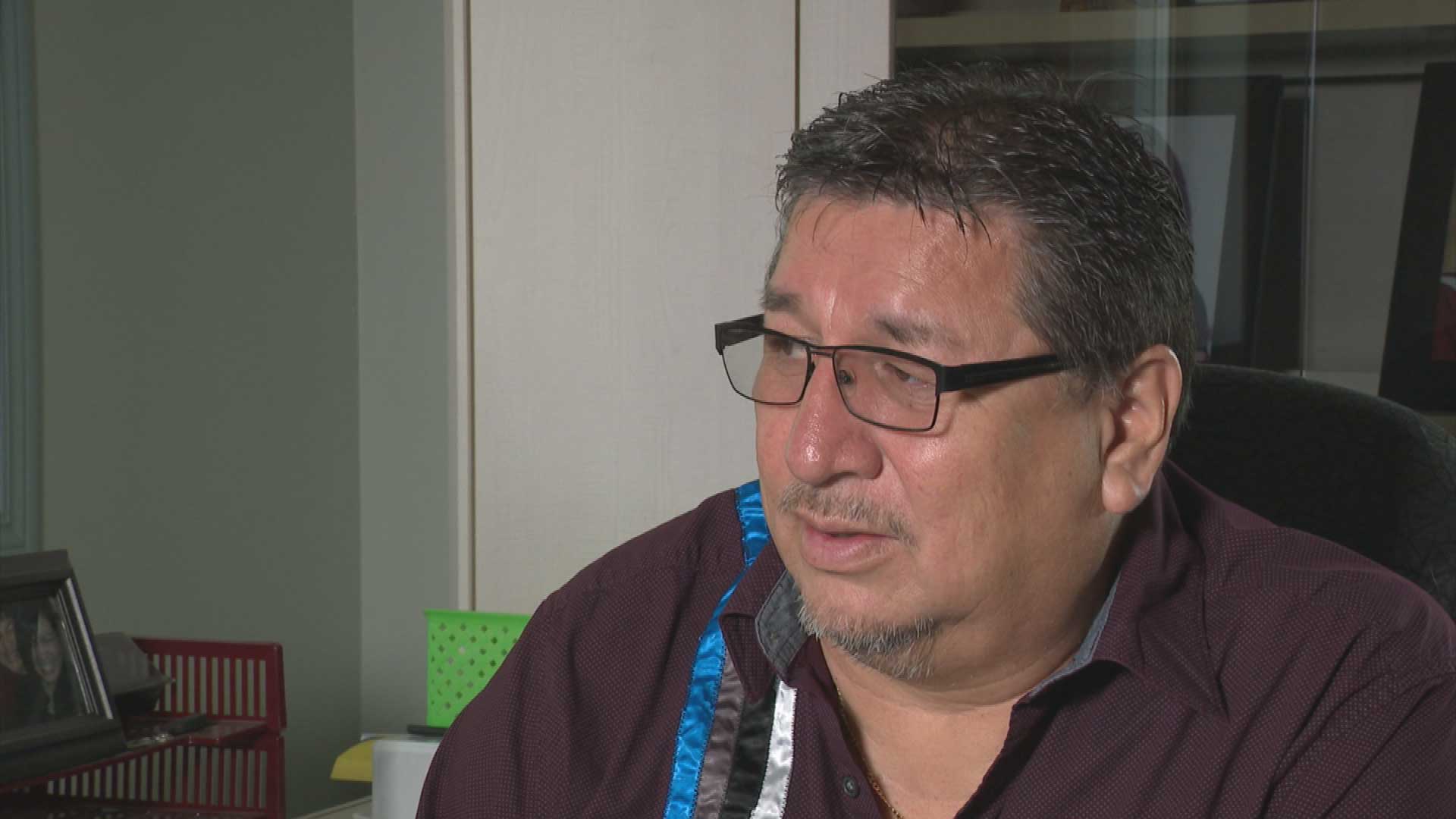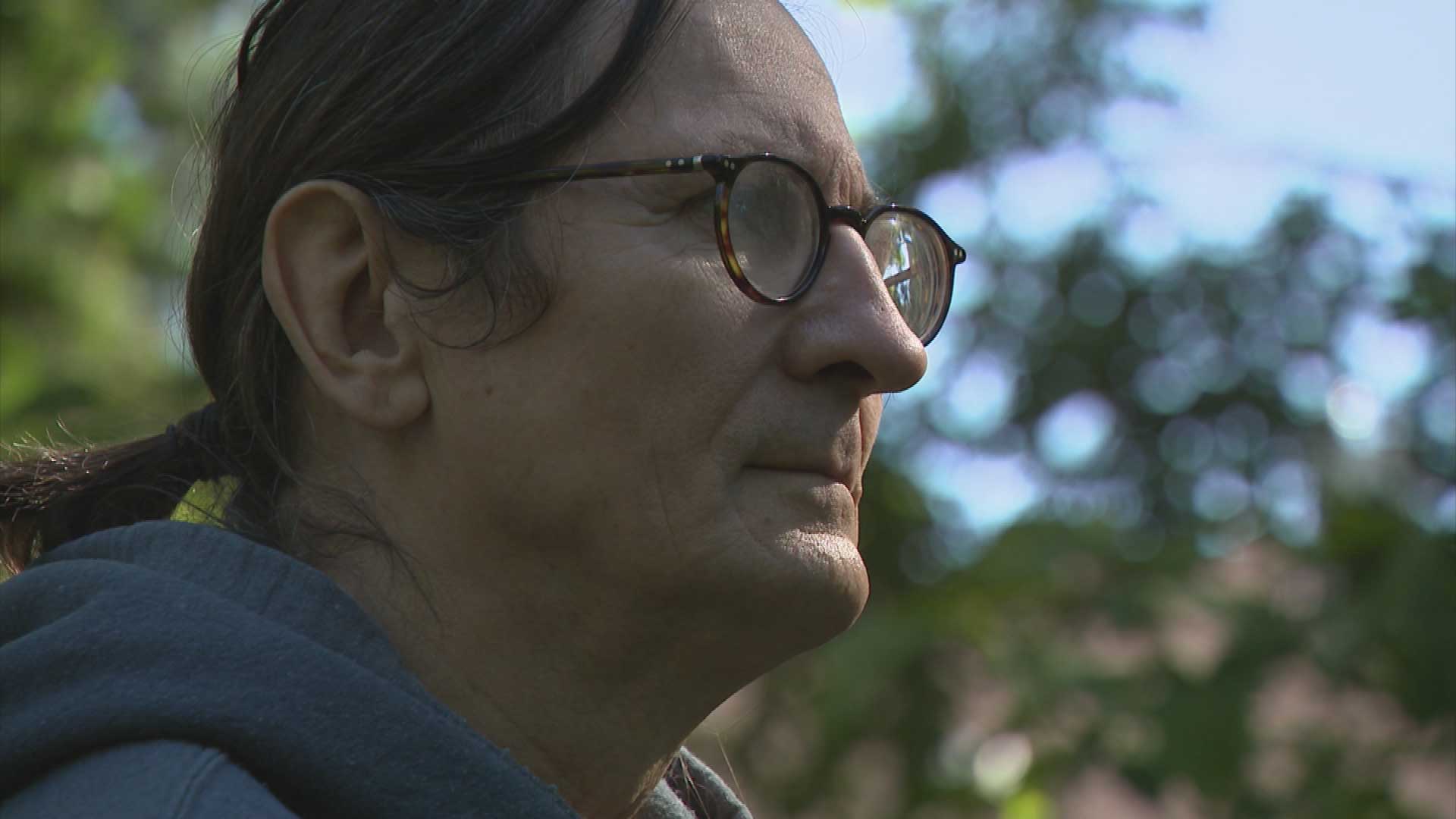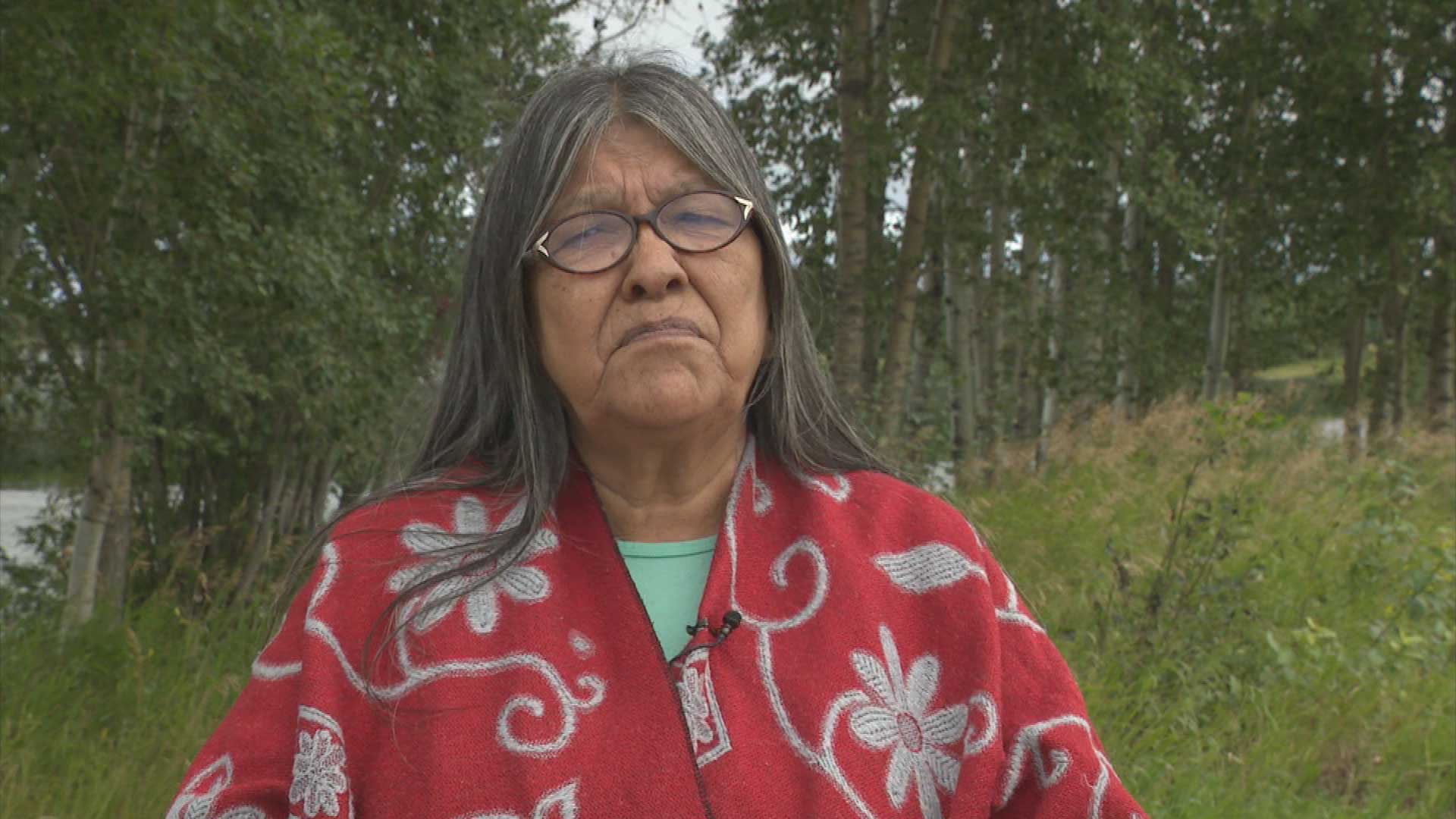In Power, Part 2 on APTN Investigates, the focus shifts from South Indian Lake to Pimicikamak, the only community which signed on to the Northern Flood Agreement (NFA) still not willing to release Manitoba Hydro, Manitoba and Canada from the 1977 contract.
In the 1990s, four of the five communities which signed the NFA later signed implementation agreements, defining more clearly how compensation and other issues would be handled, and releasing the governments and Crown corporation involved from some of the legal responsibilities agreed to.
But Pimicikamak – the Cree First Nation often referred to as Cross Lake – didn’t sign an implementation agreement.
APTN Investigates: Power – Watch part 1 here.
Chief David Monias told APTN that Pimicikamak will continue to hold out for a satisfactory implementation of the NFA.
“It’s a contractual agreement,” says Monias. “It’s our right and our entitlements are written in there. And we should get those things. We shouldn’t have to fight for those things and we shouldn’t have to negotiate those things.”
It is two somewhat undefined promises within the NFA that tend to grab the most attention.

First there is the pledge to set up a “joint action program” within communities to eradicate poverty. And then there is federal government’s acceptance of the responsibility to ensure “the continuous availability of a potable water supply on each of the reserves.”
University of Manitoba Native Studies Professor Peter Kulchyski has long studied the effects of Hydro projects on Indigenous people in Manitoba.
He also helped found Waniskatan, an alliance led by Indigenous people from Hydro impacted communities that unites them with sympathetic academics and researchers such as Kulchyski.
And as Kulchyski points out – the potable water promise presented a problem to the federal government.
“That was an open-ended commitment,” says Kulchyski. “Turned out that that’s a very expensive promise to have made.”
But from the Pimicikamak perspective – where potable water issues are not unheard of and poverty is wide spread – hanging on to the original deal is seen by community leadersas their best way forward.
“Why would I come into a new agreement when you haven’t even honored the first agreement, the first place?” says Chief Monias. “Why would I trust you to do that again?”
At the centre of Pimicikamac’s plight however, is not merely the dispute surrounding the implementation of the NFA, but rather the ruin Manitoba Hydro has brought to the way of life of the people there.

In the winter dangerous ice conditions can be created due to unnaturally timed releases of water.
“You need the water levels to be high in the wintertime because that’s when people are heating their homes,” says Kulchyski. “So that whole cycle of nature is absolutely reversed– holding back the water so that you can get as much flow as possible in the winter.”
And water released in the winter is what makes frozen rivers and lakes – traditional winter travel pathways – treacherous, because of ice being created with multiple, potentially unstable layers.
“You might have hanging ice or a very thin layer of ice that gets covered in snow,” says Kulchyski. “And their skidoo falls through and people have died that way.”
And then there is the condition of the water in summertime.
Community member Jackson Osborne remembers what the water used to be like in Cross Lake before Hydro came.
“The water was so beautiful,” says Osborne. “It was so clear and blue. You walk along the shoreline, just scoop your hand and drink water– no problem.”

Nowadays, the water is a lot murkier and locals blame it for skin eruptions that have appeared after swimming.
“It’s scabs and things like that,” says Pimicikamak resident Rita Monias. “And then we have to make sure that they take a shower right after a bath or a shower right after the they swam. And the water stinks. You know, you have to smell it yourself. Like, if you’re walking your grandchild or your child home – when they’re walking beside us we can smell that unbearable, unbearable odor from what has been washed on them from that dirty water.”
Watch Part 1 of Christopher’s investigates story here:
Final hope for those impacted by Churchill River Diversion possibly to be snuffed out











